I’m not going to lie, it’s been a tough couple of years.
And one of the ways I’ve coped with that is by diving into what my Gran called her “stories”, those cleansing detours into fantasy that leave you refreshed as you emerge from the other side. The enduring communal power of storytelling is a vital part of what makes us human – it helps us connect and it helps us cope and you can gauge my general level of stress by just how much time I want to devote to them.
My stories got me through.
But not just any stories.
Korean dramas grabbed me at my lowest point for a number of reasons – their strong characterisation, their concern with the minutiae of life, their focus on the ordinary and their overwhelming commitment to romance.
While the English-speaking world was drowning in a xenophobic obsession with zombies and a post-apocalyptic obsession with one-dimensional superpowered heroes (but not heroines – oh hell no), the commitment of Kdramas to female characters getting happy endings was soothing.
If American television was a Jager Bomb at 3am when the sight of yourself in the mirror is the scariest horror film they ever made, Korean television (and in certain moods Taiwanese and Chinese ones as well) was an afternoon nap on a sunny day followed by a cup of tea.
Simple. Everyday. Romance.
It was a welcome balm.
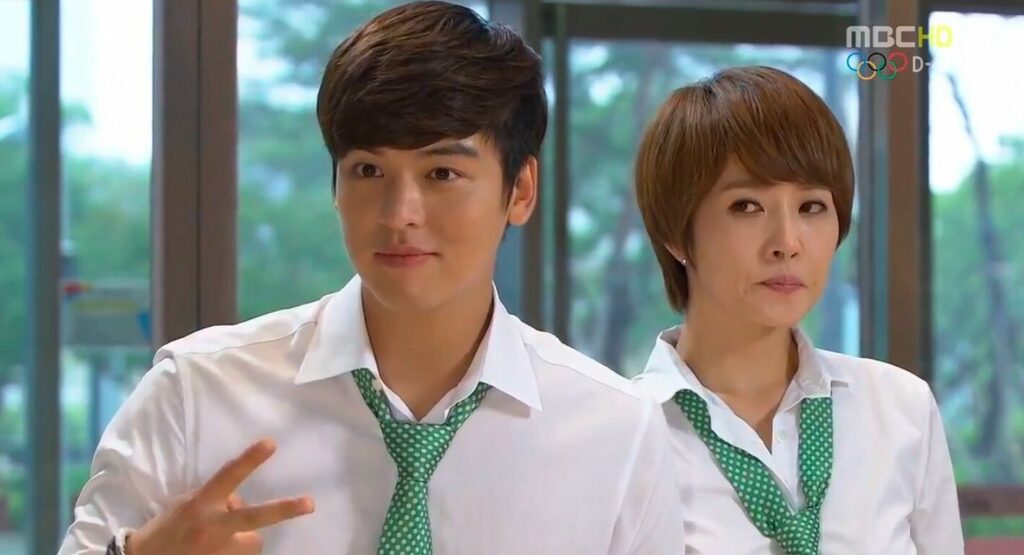
There was just one problem though.
Korean dramas (as well as many of their Taiwanese and Chinese counterparts) have a woman problem. A big one.
On the surface, this isn’t so obvious to the casual viewers dipping their toes into the ocean (and it is an ocean) of content coming out of Korea.
Unlike America’s female problem, which is about representation, Kdramas have lots of female characters, frequently pass the Bechdel test, and have women in their 40’s and 50’s played by actors in the appropriate age range. Of course they are almost always somebody’s mother but, as far as representation goes, Kdramas are pretty good.
I made the point in a blog post that I wrote for Dramabeans last year called I’m Not a Pot Plant.
In that post I made the point that what Kdramas have is an agency problem. As I watched more and more shows I found myself more and more dissatisfied with the kind of stories that used to give me joy and solace. The Pot Plant problem was a compounding one for me. Each drama where the female lead was deprived of agency made me slightly more annoyed and slightly more angry.
Each act of noble idiocy, of female martyrdom and of women gritting their teeth and enduring rather than asserting their own identity made me less and less tolerant. Each wrist grab, each possessive jealous male to be mollified, each dead fish kiss, each Pot Plant crying while the action happened around them added up into a mathematical formula with only one answer.
It was becoming an issue.
Pot Plants aren’t just boring and frustrating to watch. They scaffold. They build up brick by brick on a foundation of sexism and misogynism until they construct a wall of gender roles that pen their female characters in as much as they constrain us in the real world.
As women we feel walled in enough by the world without those cages being presented to us as desirable or romantic. If the bulk of Korean dramas have one clear message it’s that a woman finds happiness in accepting her natural role in society and in relationships. If she tries to break free she will only make herself miserable.
After watching so many dramas that portray relationships in this way, I now find myself turned off a drama completely by the simplest acts. The female lead’s brother in Kill Me, Heal Me, dragging her out of her employer’s house and her letting him. That was the last straw for me for a female character who was supposed to be a qualified psychiatrist but whose unprofessional behaviour was matched only by the disrespect she was shown by the men in her life.
Whether she’s a doctor, a journalist, a chef, an office worker or a police officer, her vocation – and the show’s very premise – is regularly subsumed by the need for the man to be in charge and for her to accept her place. The worst example of this in recent memory is Strong Woman Do Bong-soon where a female lead with super strength needed to be saved by the male lead and was even criticised for acting independently rather than relying on him.
This comes down to an infantilisation of women, expressed most glaringly in the phenomenon of aegyo. Women aren’t just expected to pretend to be children, they’re treated like they are children; unable to make decisions about their lives and their bodies without strict societal oversight that doesn’t apply in equal measure to men.
This is a world where gender roles are clear and inviolate. If it means a woman has to compromise, then she has to compromise. This is the fluffier flip side of the anti-feminism brigade – the group that says that equality isn’t what women really want because subservience makes us happy. The alternative upsets the natural order and only makes you unhappy.
I could list the shows where a female lead shows true agency on one hand. But they do exist. We all love I’m Not a Robot for a reason as well as last year’s unsung gem Just Dance and the underrated My Strange Hero.
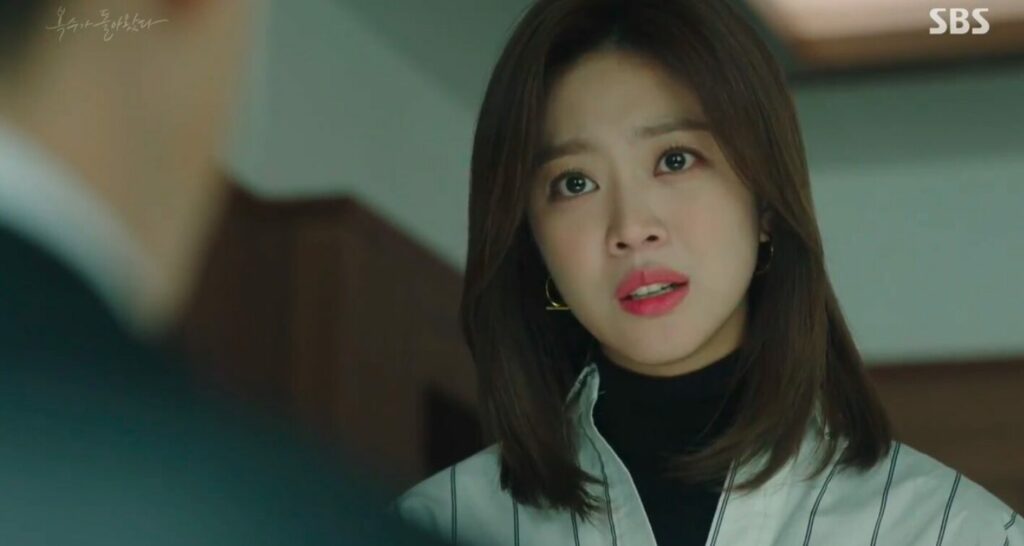
Witch’s Romance is rightly criticised for introducing a strong female character and then depriving her of agency, never having her actively made a decision about her love life but instead passively waiting for the men in her life to fight it out. Where it fell down, however, I Do I Do and The Woman Who Still Wants to Marry did not even though they deal with similar themes.
I Do I Do in particular has one of the strongest, most uncompromising female leads in dramaland, one whom the writers never deprived of agency even when she was dealing with the unholy nexus of sexism, paternalism, societal dictates around female sexuality, the limitations of her own body and workplace discrimination.

This was a female character who we saw make decisions, real decisions. She made lists, got advice, sat in a room by herself and thought deeply about her own actions. She had true agency in a way that I suspect and fear might be unique.
When I sat down to write this piece I honestly couldn’t think of another female character allowed this level of self-determination by Korean writers who was then granted happiness as a result of that self-determination.
I wish I could.
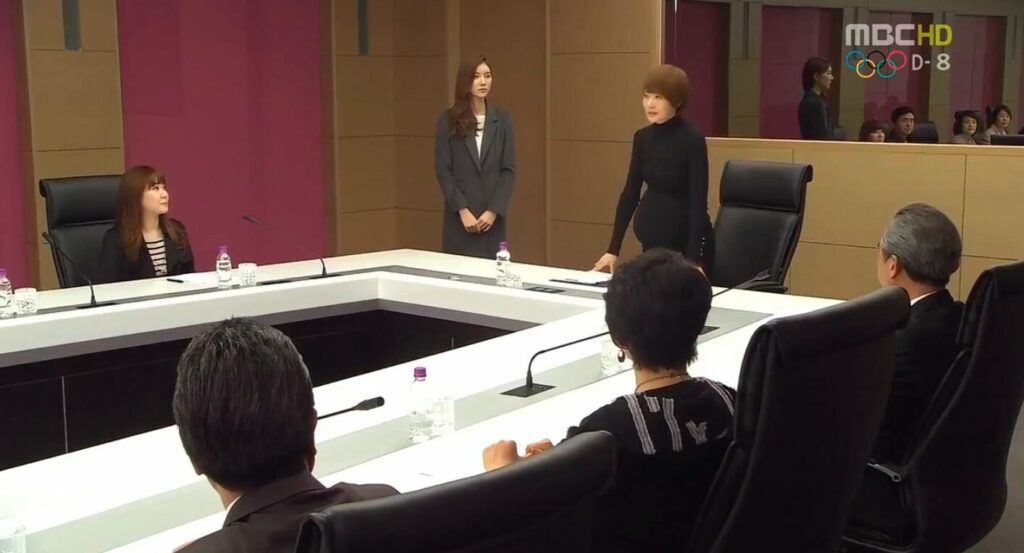
Unfortunately the Pot Plant problem has become my problem. Once in desperate need of simple well-characterised stories, I am now in desperate need of female leads I can cheer on and relate to. While I would once roll my eyes at a Pot Plant, I now find myself unable to tolerate them. This was particularly obvious during last year’s Memories of the Alhambra where the female lead was a Pot Plant of such egregious passivity that it sent me on a search for herbicide.
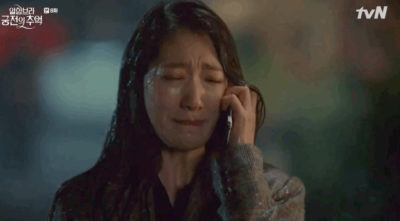
And that’s what I think we need for 2019 – a widespread spraying of herbicide. Let’s clear out those Pot Plants. Their time has past.
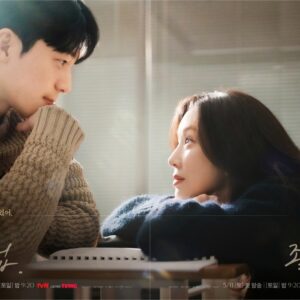

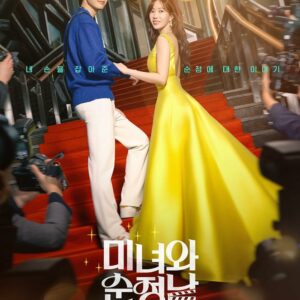
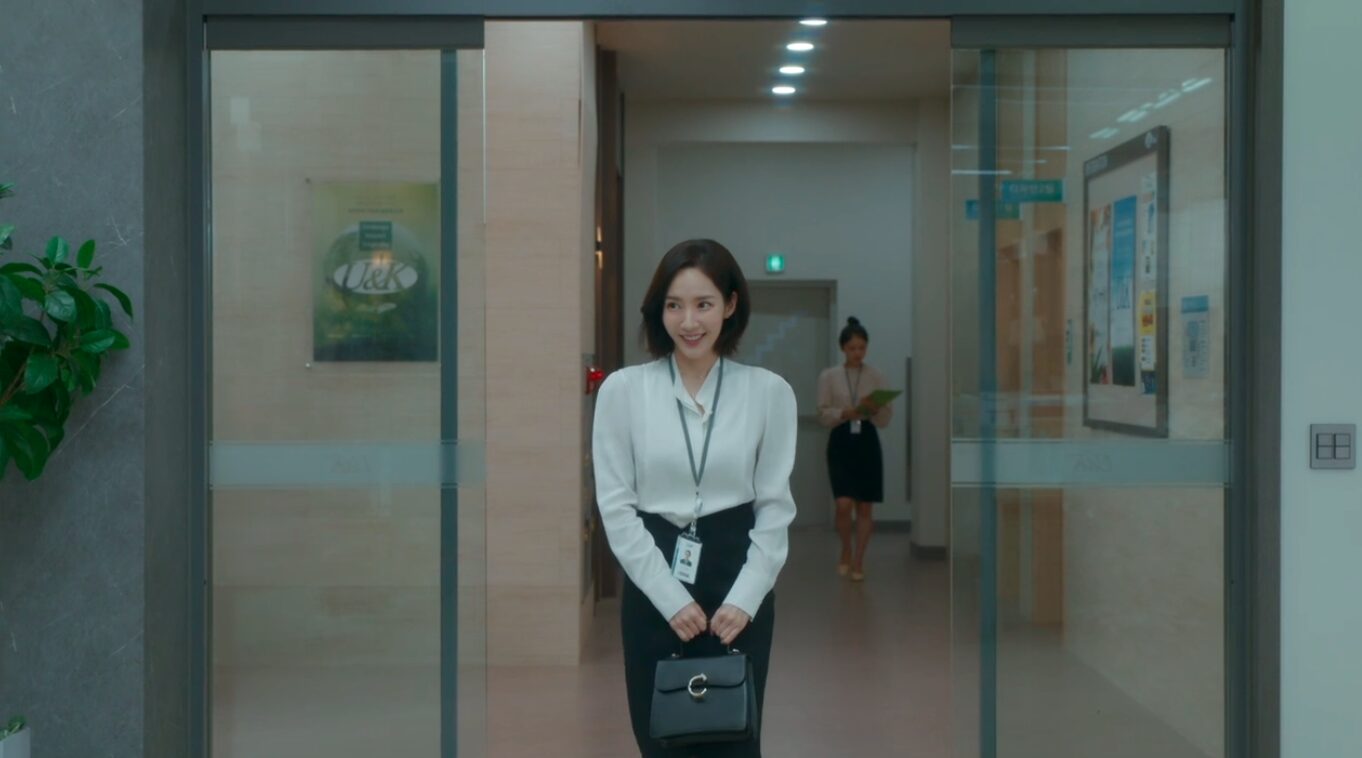
This was great. Especially Alhambra, gosh what a waste of a character.
Thanks, Kaf! And, yes, the female lead in Alhambra was a waste. I’m aware of the fact the writer had to shoehorn in her character because of network interference but unfortunately passive and somewhat silly/emotional female leads are a problem for her generally. As much as I loved W it was despite the female lead and the same can be said for Nine.
As frustrated as I am, I do find this to be something that’s changing a little. I’ve seen a change out of Korea, especially this year. There are dramas with female characters who have agency and in fact I intend to follow up this post with one later this year about some of the fantastic leads we’ve seen in 2019. I think I just have to be a bit more discriminating in what I choose to watch.